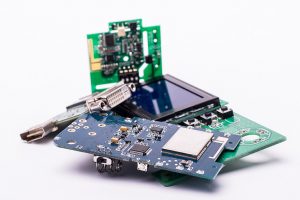 Projects exploring strategies to recover key materials from end-of-life electronics have received funding from the REMADE Institute.
Projects exploring strategies to recover key materials from end-of-life electronics have received funding from the REMADE Institute.

 Projects exploring strategies to recover key materials from end-of-life electronics have received funding from the REMADE Institute.
Projects exploring strategies to recover key materials from end-of-life electronics have received funding from the REMADE Institute.

Brian Riise on stage at the 2019 Plastics Recycling Conference and Trade Show.
An expert recently explained why North American e-plastics processing could be a component of a wider effort to reduce energy use in U.S. manufacturing. And he outlined steps for progress.
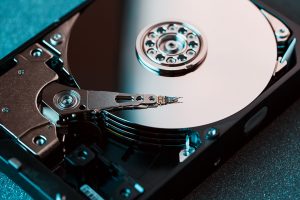 In March, Blancco Technology Group released survey results showing consumer anxieties about potential mismanagement of their data on electronic devices. Now, a different study shows their data concerns are anything but irrational.
In March, Blancco Technology Group released survey results showing consumer anxieties about potential mismanagement of their data on electronic devices. Now, a different study shows their data concerns are anything but irrational.

Agbogbloshie, Ghana
A pair of recent studies have identified toxic substances in the ground and in eggs from chickens foraging in Agbogbloshie, Ghana.
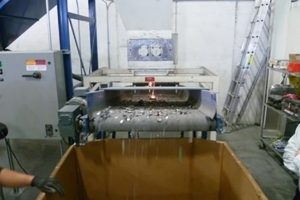
Scientists evaluated employee exposure to toxic metals and flame retardants at Cascade Asset Management. The results and their suggested fixes could help other electronics processors improve health and safety.
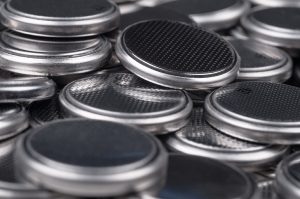 University researchers in Texas are developing a nontoxic leaching solution to recover cobalt and lithium from end-of-life batteries.
University researchers in Texas are developing a nontoxic leaching solution to recover cobalt and lithium from end-of-life batteries.
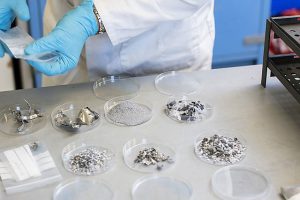 With an eye toward demonstrating the variety and amount of metals available from e-scrap, geologists at an English university used a household blender to take a look inside a mobile device.
With an eye toward demonstrating the variety and amount of metals available from e-scrap, geologists at an English university used a household blender to take a look inside a mobile device.
 Two ITAD companies recently released reports providing insights into serving institutional generators of obsolete electronics.
Two ITAD companies recently released reports providing insights into serving institutional generators of obsolete electronics.
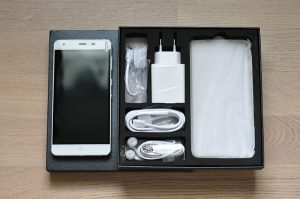 Less than 10 percent of U.S. consumers buy used computers or mobile devices, according to research from one company that plays in the sector.
Less than 10 percent of U.S. consumers buy used computers or mobile devices, according to research from one company that plays in the sector.
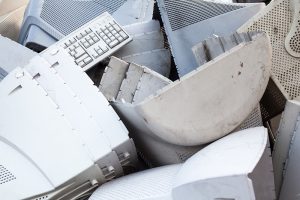 Researchers overseas say high-impact polystyrene from scrap electronics can be used as a replacement for sand in self-compacting concrete.
Researchers overseas say high-impact polystyrene from scrap electronics can be used as a replacement for sand in self-compacting concrete.
